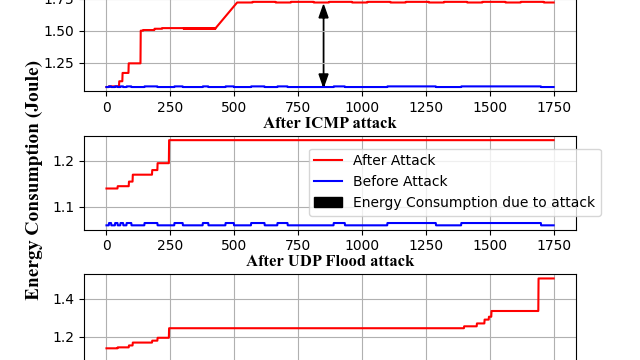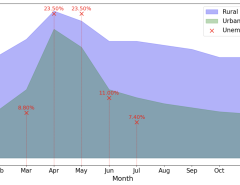Authors: Zainab Alwaisi, Simone Soderi, Rocco De Nicola
Published on: April 30, 2024
Impact Score: 7.6
Arxiv code: Arxiv:2404.19418
Summary
- What is new: This paper investigates the specific impact of DDoS and F-APs attacks on WiFi-enabled smart healthcare devices, offering detailed insights into attack rates, payload sizes, and the resultant energy consumption.
- Why this is important: The security of IoT devices in healthcare, vulnerable to attacks like DDoS and Fake Access Points (F-APs), affecting device connectivity and energy consumption.
- What the research proposes: The study identifies critical factors such as communication protocols, attack rates, payload sizes, and port states that influence device vulnerability and provides groundwork for future defense strategies.
- Results: Key findings include the identification of attack rates that disrupt services and the quantification of the energy consumption impact of EC-DDoS and F-APs attacks on smart healthcare devices.
Technical Details
Technological frameworks used: nan
Models used: nan
Data used: nan
Potential Impact
Companies in the smart healthcare sector, IoT device manufacturers, and cybersecurity firms could be impacted by these insights for developing more robust defense strategies.
Want to implement this idea in a business?
We have generated a startup concept here: SecureIoT HealthGuard.



Leave a Reply